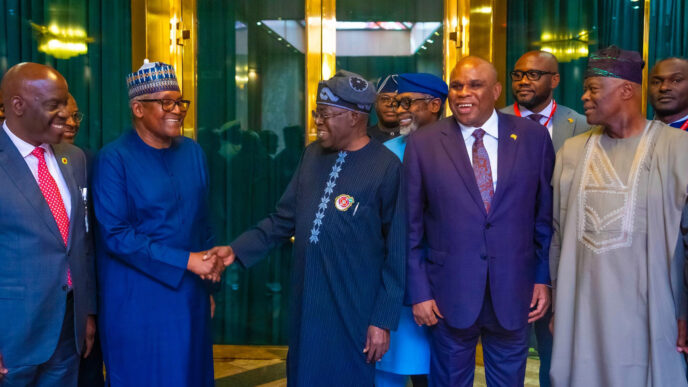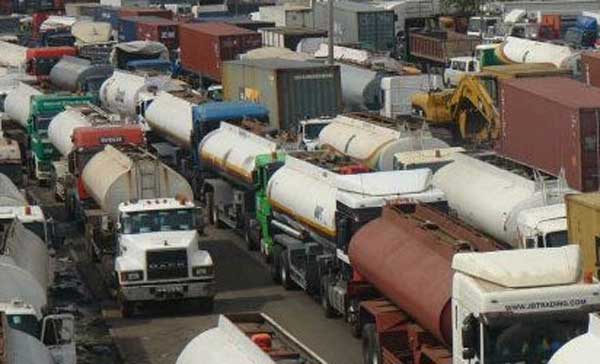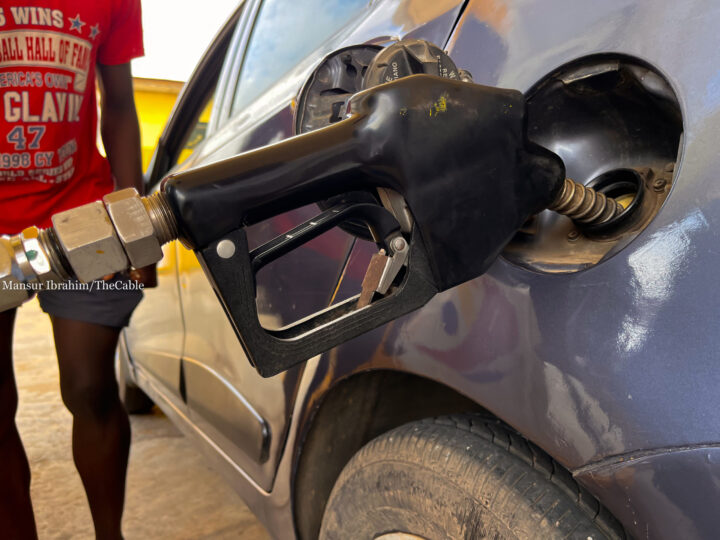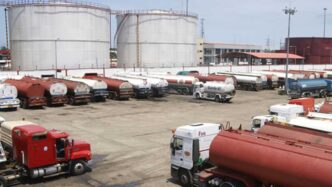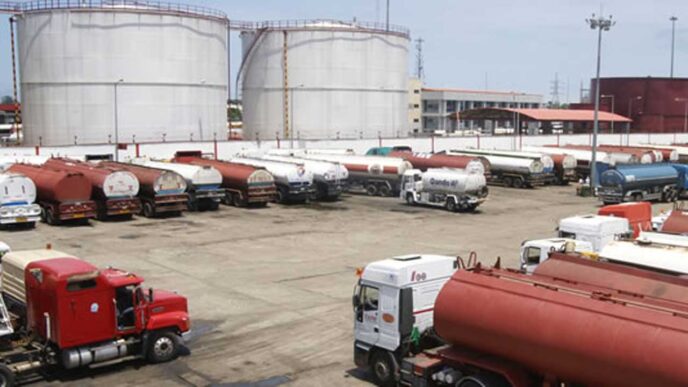Wale Edun, minister of finance and coordinating minister of the economy, says the sale of crude in naira to local refiners had set the economy on the path of industrialisation and investments.
Edun, spoke on Tuesday while addressing State House correspondents after a meeting with President Bola Tinubu to review the sale of crude in naira to local refiners at the presidential villa.
On October 5, the federal government officially announced the commencement of the sale of crude oil and refined petroleum products in naira.
A few weeks later, Dangote Petroleum Refinery received four cargoes of crude oil from the Nigerian National Petroleum Company (NNPC) Limited under the naira-for-crude sale agreement.
Advertisement
Speaking on Tuesday, Edun said the bold initiative, endorsed fully by the federal executive council (FEC), ensures crude oil is sold to local refiners in naira, who in turn sell refined products to marketers in naira.
He said although there was much to be done, “there was a clear path to industrial development and modernisation of the Nigerian economy, because the key prices were right, which was encouraging private sector investment”.
“With private sector refining of crude oil, we now have raw materials, not just for agriculture, but for industry, for chemicals, for paints, for building materials and for textiles,” the minister said.
Advertisement
“And of course, this is Mr president’s strategy and his policy of making conditions right for the private sector to invest, create jobs and grow the economy.
“Likewise, the market pricing of petroleum products has also paved the way for NNPC to restore its balance sheet, restore its financial fortunes, and to give the federal, state and local governments more funding.
“This allows them to meet their obligations, salary payments to workers, social services to the population generally, and key infrastructure development.”
Edun further said the meeting was to review the progress of the initiative to ensure that the initial obstacles to the successful implementation of the sale of crude in naira to domestic refiners and the correlating sale of petroleum products in naira, were overcome.
Advertisement
He said the African Export-Import Bank (AfreximBank), the financial adviser, was part of the meeting and would act as an intermediary to ensure that the parties – the seller of the crude and the buyer of the crude – were able to complete their transactions.
The minister said the scheme initiated by Tinubu, was made possible also by the courageous and bold investment of the Dangote group, in a local refinery of 650,000 barrels per day capacity.
According to Edun, the implementation committee and the sub-committee had worked assiduously with all stakeholders to ensure the initiative was implemented.
The stakeholders include the regulators, the Nigerian Midstream and Downstream Petroleum Regulatory Authority (NNDPRA) and the Nigeria Upstream Petroleum Regulatory Commission (NUPRC).
Advertisement
Others are the Nigerian Maritime Administration and Safety Agency (NIMASA), NNPC, Nigerian Ports Authority (NPA), the navy and a host of other stakeholders.
‘LOCAL DEMANDS WILL BE MET’
Advertisement
On his part, Aliko Dangote, chairman, Dangote Refinery and Petrochemical Company, said his company would be able to satisfy local demand with the supply of crude so far by NNPC.
“This initiative will actually revive a lot of industries in plastic, cooking gas, which is liquefied petroleum gas (LPG), aviation, gas, oil, not only PMS,” Dangote said.
Advertisement
“At about 420,000 barrels per day, we still have capacity to grow. We are ramping up our capacity. Once we get there, we have enough naira crude, we’ll be able to fully satisfy the market.
“But when NNPC refineries start working going forward, then Nigeria will be one of the biggest exporters of petroleum products in history.”
Advertisement
Dangote said the president pledged at the meeting to support domestic industries, and allow local refineries to work, and attract more investment into the country.
Add a comment


